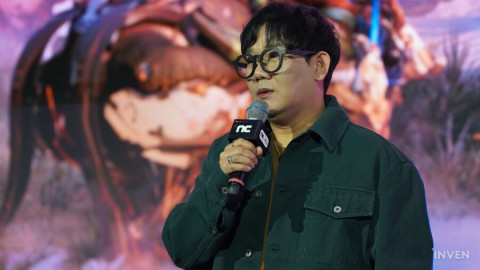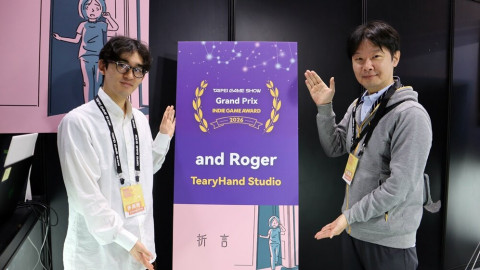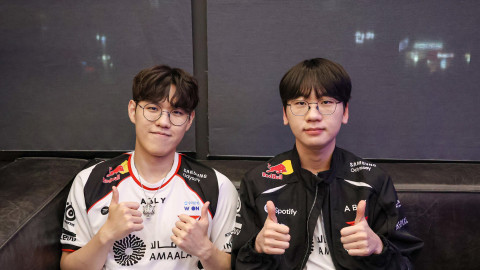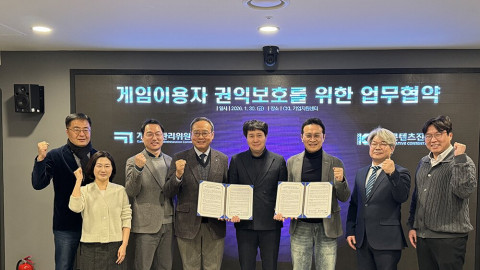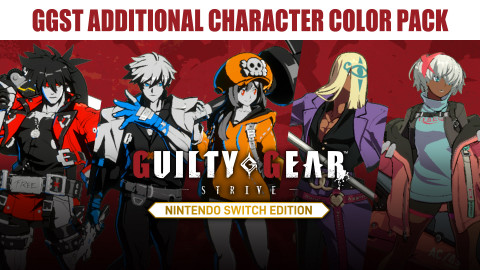Overwatch League is a place of dreams for gamers who wish to become Overwatch pros. It is their goal and the final destination of their path; it is this stage where players are given the ultimate chance to prove themselves before the eyes of the world and make their mark on gaming history.
This is true not just for players, but coaches as well; with the growing popularity of Overwatch esports, more and more passionate gamers are chasing dreams not just as players, but also as coaches.
Kyoung Ey Kim, more widely known as AVALLA, joined team Washington as an assistant coach back in September. This makes her the first ever female coach in the Overwatch League. She was also an ardent Overwatch player and a fan before she decided to become a coach; starting from a team in the Open Division, she gradually climbed her way up to higher leagues, proving her worth as a great coach; her passion and unique coaching method make her stand out from other coaches. We were lucky to get an opportunity to interview her about her coaching, team Washington, and tips to climb to higher tiers.
Here is our interview with AVALLA.
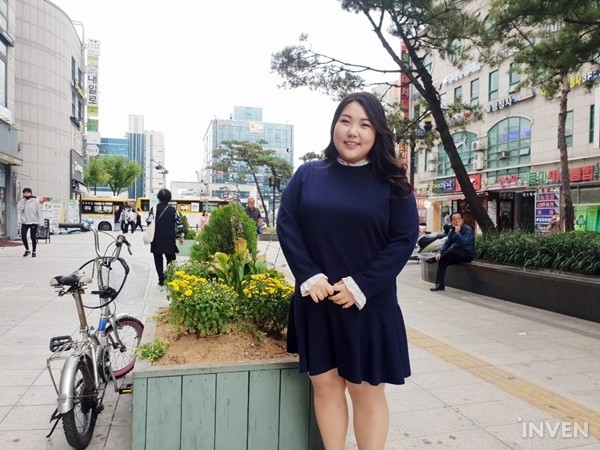
Could you please introduce yourself?
Hello, I am Kyoung Ey Kim, a coach for Overwatch. My nickname is AVALLA, which is an abbreviation for Iced Vanilla Latte since it is my favorite kind of coffee.
I started my coaching career last year in November when I coached Frecia, an Open Division team, for a season; I then coached OpTic Academy, an NA Contenders team. Afterward, I coached Meta Bellum, a Korean Contenders team, and this year, I will be joining a League team.
So, Contenders is the second division, is that right? You made it to the first tier league from a second-tier league team.
That’s right. Actually, the Open Division is more like a third or fourth division, and I made it up from there.
That means teams in other leagues thought highly of your coaching abilities.
I guess so. Not many people know about me, but there are people who do think well of me; I was scouted this season because many people that I know recommended me to the position.
Could please share your coaching method?
I have a special method of coaching. Unlike other coaches, I mainly use clips to coach. So when a player has a bad habit or is making mistakes, I collect clips about that particular habit and put them all together to show it to them.
For example, if a support keeps getting killed by an enemy Widowmaker, I make a collection of clips that show the moments of their deaths and give them advice on why such things happen. Or, if there are awesome plays in Overwatch League clips, I collect them based on roles or themes and show them to my players so that they know what makes good plays.
Just telling a player what they have done wrong doesn’t really reach their heart so I chose to give them feedback based on the data I have collected from the clips. This is why my coaching is different from other coaches.
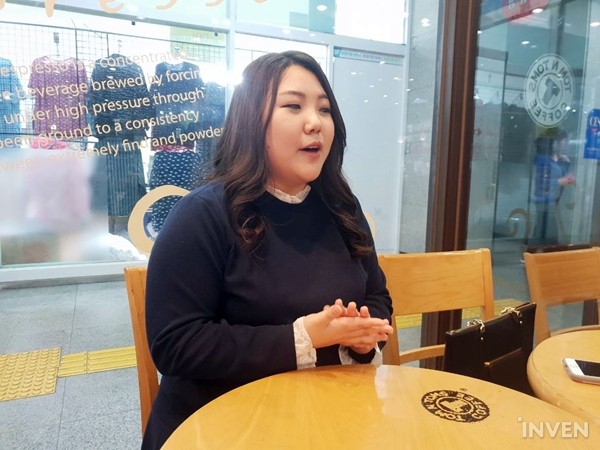
It is a special method, but coaching is usually done by talking; if you have to edit together all those clips, it must take a lot of time and effort to do so.
Actually, it doesn’t take much time since I’ve been doing this editing stuff since I was a university student. It only takes about 20 minutes to get all the clips for feedback from a scrim and edit them. And once you pick up the pace, things don’t take a long time.
If you are giving feedback based on clips, you would have to pick out the precise parts to make it easier for your players to understand. You need a good grasp of the game to select the right clips, and people say the best way to gauge someone’s Overwatch comprehension is by looking at their tier.
I haven’t been doing great since I was busy coaching. I guess I am around 4300 points; I lost too many points on my main but I made it to 4300 with my smurf. The best rank I made it to was 78th place in the Korean server and in the 4500’s. I usually play main supports but since Ana is popular nowadays I usually play Ana.
So you make the clips for each role?
Yes, I make them for all roles -- DPS, tanks, and supports.
In order to do so, you would need to have a thorough comprehension of each role.
Yes, during the time I’ve been coaching in the Contenders, I’ve needed to know about tanks and DPS, not just healers, during my time there. Although I may not be a great tank or DPS player myself, it was still possible because I had a good depth of understanding for them.
I’m curious about the players’ reactions to the clips. How do they react?
I used this coaching method for my first Open Division team from the start so they thought it was something granted and didn’t react much. They got another coach after I left the team, and I get these text messages that say, ‘We miss you so much, coach’.
Since this method was new to all the other Contenders team members, the biggest reaction I got was, ‘it was convenient since they could see all their mistakes in a clip’ but there were some players who didn’t find it as comfortable. It was different for each player, but this is the most effective way to coach, especially for players who are rather reluctant to admit their mistakes, since they can acknowledge what they have done wrong by watching their mistakes in clips.

What are the most frequent mistakes you have seen in the past 1 year of coaching for each role?
There are a total of 6 roles. The main DPS, sub DPS, main tank, etc. The most frequent mistakes the main DPS player makes is thinking only about killing enemies but not thinking about where the enemy Widowmaker is. The best way to fix that is to analyze all of the enemy Widowmaker’s possible positions for each team and provide that data to my team before the tournament. Then my players can know where the enemy Widowmaker is likely to be positioned and prepare beforehand.
As for the sub DPS, you know how the last season was practically ‘Widow-watch’? The problems they usually had was diving in as Genji when his Deflect skill was on cooldown and not thinking about where the enemy Widowmaker is. That’s why I taught them how to trade with hitscans.
As for the main tank, it’s more about being too straightforward as opposed to making mistakes. For example, Winston jumping forward whenever he sees an enemy. A good Winston should have at least 3 to 4 routes to go in with. Most of the Contenders players don’t do this, although some of the new players do. I think I mostly taught this to them.
As for the offtanks, they each have roles they will need to keep their focus on; for example, people use GOATS comps a lot nowadays, right? If the opponent team has Pharah, our D.Va will be put in a situation where she will need to keep her focus just on Pharah, but there are many instances where my players don’t do that. So I’ve tried telling them what offtanks need to do for different team comps or roles.
As for the main supports, I’ve worked on teaching them how to decide whom to heal in what situations and how to survive for Mercy; as for the flex support, I’ve taught them how to position themselves when using Transcendence.
Is there any player that left a lasting impression during your coaching career so far? Any interesting anecdotes about them?
Actually, there are many players that left lasting impressions on me. Back when I was coaching an Open Division team, we had 3 DPS players, two of whom were competing against each other for the same role. I had the better one playing and the other to hold the bench. That player told me he was conflicted about whether to leave the team or not. But then, he decided to prove his worth to his coach and practiced even more by himself by playing Competitive. Eventually, he became even better than the starting DPS player and he performed so much better at Contenders Trials. He has joined a Contenders team now. Although I did make him hold the bench, I still taught him a lot personally and why I have a close relationship with the player until today. I feel so proud whenever I hear that my old players saying, ‘this is all thanks to you, coach’.

(Image taken from AVALLA'sTwitter)
You recently joined the Overwatch League. How did they contact you and how did you feel?
I was contacted by 5 teams from the Overwatch League and went through interviews and tryouts; in the end, I decided to join the Washington DC team. Our general manager, who used to be the manager for LNL (Last Night’s Leftovers), asked our analyst, who used to coach with me at OpTic Academy, and he recommend me. So she did some research and she heard only good things about me. The process of hiring me was done very quickly. I decided to join the team within a week. For other teams, it took 2 weeks just for tryouts and I had to wait so long for them to get back at me. But Washington DC’s work process was fast and they were well-informed about me, which felt like they approved of me. Meanwhile, I heard that WizardHyeong was joining the team as the head coach. I used to say that WizardHyeong is my role model, and I thought this was a great chance to work with him.
How did WizardHyeong become your role model, and was there any chance you could have met him before?
I didn’t, but the reason I originally thought so highly of him was that I heard he coaches based on data as well. There is someone I know who is one of his data assistants. I’ve seen how they work and I really liked what they do based mainly on data. I had a lot of head coaches in the past but I didn’t like their approach of thinking player’s mistakes are just a one-time mistake. To me, they were mistakes that the players have been making for a while, but it made me uncomfortable when it was casted off as just some unlucky mistakes or accidents.
But since WizardHyeong coaches mainly using data, he gives his feedback on how that same mistake is often made based on solid data. I prefer this logical approach over intuitional evaluation. I had more issues with intuitional things when working with other coaches, but with WizardHyeong I was able to accept things more reasonably because we analyzed the players based on data and had a logical approach. I’m working with him at the moment and we get along so well. The way we think is similar too. Previously, there are times the head coaches won’t listen to their assistant coaches - more than you think. But that isn’t WizardHyeong -- he agrees with his assistant coaches and respects their input within their own area of expertise; so far during my career as an Overwatch coach, I think I feel the happiest working here.

(Image taken from WizardHyeong's Twitter)
Although you said you like to give feedback based on data, there must be parts in the game that are hard to turn into data. Is there a gap between what can be analyzed and what cannot be that you have to deal with?
The reason people say it’s hard to turn into data is because there is a limit to what programs can catch. But what makes WizardHyeong’s coaching special is that it is actual people who organize the data that the program doesn’t catch. For example, the program can’t know whether or not Tracer came forward after hiding, but people can. So they can analyze things the computer can’t catch like the example I used. It becomes a great advantage since we can see the actual data that even the program doesn’t record.
Of course, you can’t trust data to be correct 100% of the time. In truth, it can exaggerate the stats and data for a game if one team easily overwhelms the other. That’s when our staff members watch the videos again and manually correct the stats while considering different factors of the game.
I can see that it is no easy task based on what I’ve heard.
It never is. There is a reason our data analysts were dubbed, the ‘data slaves’. They really work a lot. They see and count each shot fired by a Widowmaker or Zenyatta and analyze who each shot went to, not just the accuracy rate provided in game. So we don’t get anything too different from the actual thing.
How long does it take for you to organize the data for one game?
I don’t know since I haven’t organized the data myself, but I guess it would take at least one or two hours per game. However, I think it will take less time once the pace picks up.
Then do you analyze the data together?
I get the results of the data analysis. When our analysts are done organizing the data WizardHyeong wants, we take that to analyze the players. So we are in the process of analyzing the strengths and weaknesses of the players at the moment.
You are recruiting players at the moment. Are there any finalized players?
I can't tell you that yet.
A lot of our players are not that well known. There are players who became much better with our coaching during the tryouts, or players who were just average and became overwhelmingly better on their last test of the tryouts than their first one. These players performed well based on the data and what I have seen, and they are highly likely to be players who communicate well or can be good shot callers. I think we mainly chose players who seem to go well with the team nature and try their best. So you might at first feel that the team roster may be weak when we announce it, but I think they will be an unexpectedly powerful one.
Then what place in the standings do you expect your team to go in the later season?
Well, obviously winning, I guess? (Laughs) I guess the realistic goal is to make it to the playoffs. All teams I have coached each season made it to the playoffs. The Open Division team I coached made it to Contenders Trials, my NA Contenders team was placed 3rd, and the Korean Contenders team 3rd, so they always made it to the semifinals. It is my hope and goal for us to make it to the playoffs as well.
As a coach, what is your long-term vision?
First, my goal is to keep coaching to the point I can no longer get a job as a coach since coaching and working in the professional scene is so fun; in the long run, I want to go on studying law at a US law school. You know how the visa problem is so difficult when Korean players are going abroad to play? I always thought “why don’t I do work as an agent and a lawyer in the esports scene?” This is what I am planning to do long-term for now.
Have you ever thought of becoming a head coach?
I am quite interested in that, too. Back in high school, we would have our own model UN and manage 500 students. This must be why I find it fun to talk to people and manage them. As you said, I would love to manage an organization as a coach or a general manager. I find it frustrating when everything is done so slowly and takes too much time to decide. My goal is that do everything fast and effectively, whether I am coaching or working. That is how I plan to work in the future as well.
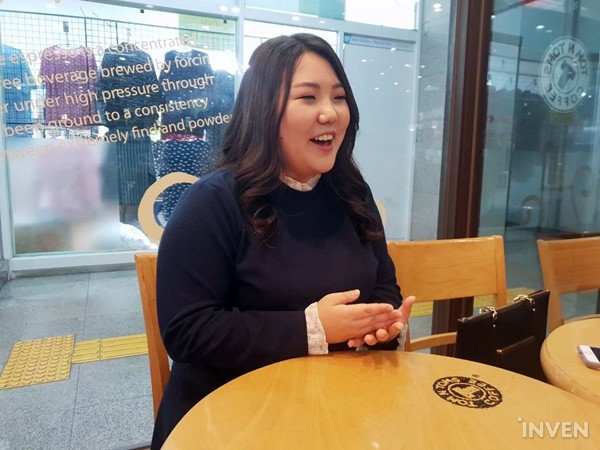
People usually say, ‘gaming is more of a talent’. Which side do you consider yourself to be on -- inborn talent, or, endeavor?
I think I am more of a person who tries hard. The heroes I play are Mercy, Lucio, and Ana, and Mercy and Lucio don’t really require precise aim. Although Ana does, I started playing her later than the others so I had to do some studying. What position I should take in which maps to survive, how to use my ult in certain situations, etc. Since my Competitive Points are high, I often get queued with pro players; I would try hard to shot calls as if I was playing a scrim. I guess I enhanced my gameplay through studying and doing shot calls rather than my mechanical skills.
If you were to give any advice to Overwatch fans who would like to do better in the game, what would it be?
If you want to get into higher tiers, you would first need to play something you are best at. A friend I met in the game while I was in the Master tier was great at tank, but he kept playing supports to go along with the team comp. I told him, ‘you are great at tanking so you should play a tank,’ and he made it to the 4300’s as a tank in this season. Picking heroes to go along with your team comp is important, but I think you can get more points when you are playing something you are best at.
Second, it is important to regroup after you get killed; it is better to regroup with your teammates instead of trying to do something reckless all by yourself.
Third, it is important to join the team voice chat and make calls. They say players are reluctant to talk in the team voice chat in lower tiers but it seems the team atmosphere becomes better and fewer people throw if the remaining people in the voice chat try to communicate with each other.
Is there anything else you would like to say to the readers?
I get a lot of light shed on myself because I am the first female coach, but it seems my career and my skills have been overshadowed by that. I wasn’t selected just because I can speak English or because I am a woman. I hope the Overwatch fans will see how I coach and acknowledge my abilities through this interview. Also, since we are an expansion team, we don’t have that many fans yet - so it would great if you could root for us. Thank you.
Sort by:
Comments :0


